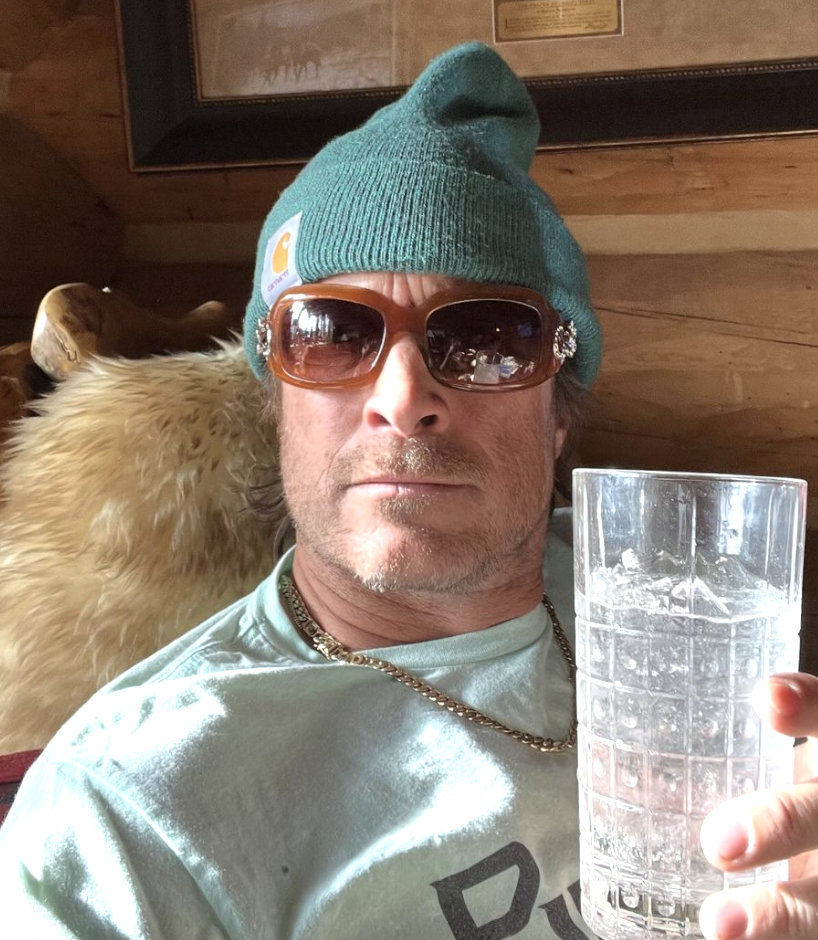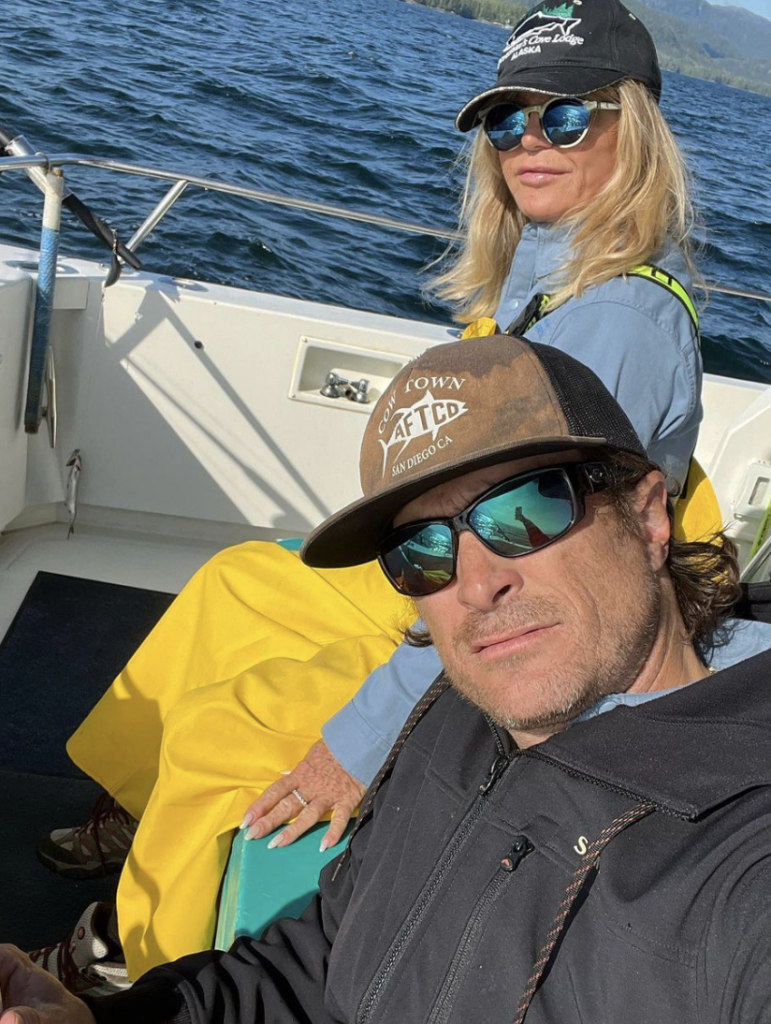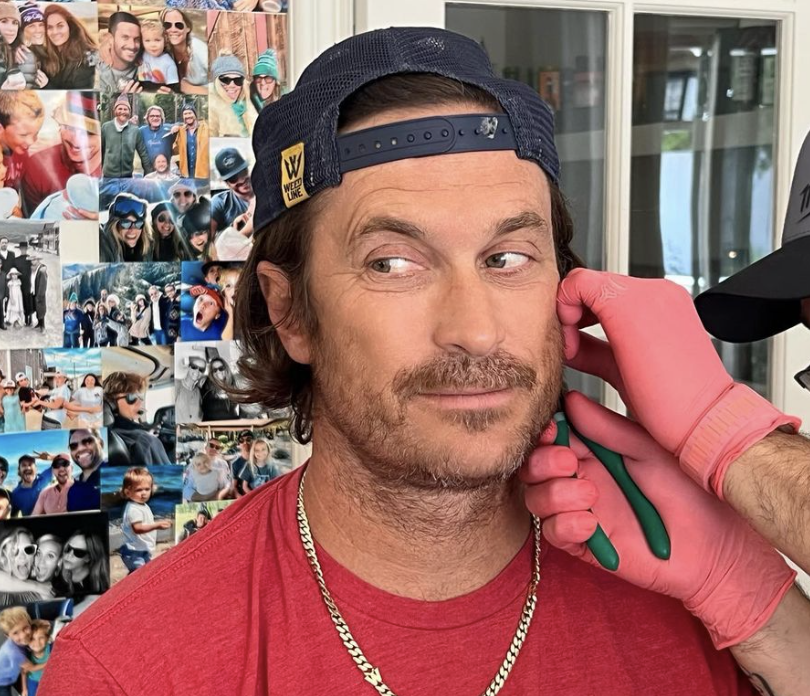
The oldest son of Goldie Hawn, Oliver Hudson, is opening up about what it was like growing up with a mom who is one of the most famous people in the world.
During the latest episode of his podcast Sibling Rivalry,Oliver Hudson, the son of Goldie Hawn, talked about his relationship with his mom. During the podcast he opened up about his feelings of neglect growing up.
Before discussing those traumas, Oliver Hudson explained how these revelations came to be. He explained to his guest, former Olympian Bode Miller that he took a course called the Hoffman Institute, or the Hoffman Process.
It’s “a week-long residential and personal growth retreat that helps participants identify negative behaviors, moods, and ways of thinking that developed unconsciously and were conditioned in childhood.”

Hudson called the course a “really powerful thing for me.” Through the course, Hudson said he learned about “understanding what those patterns were and kind of learning how to break through them and building your toolbox.”
Now he’s talking about those patterns publicly. “My mother was the one that I had almost the most trauma about interestingly enough because she was my primary caregiver and I was with her all of the time.”
Oliver explained that during his childhood he “felt unprotected at times. She would be working. She had new boyfriends that I didn’t really like. She would be living her life.”

Oliver was quick to point out that despite his own feelings and perceptions, Goldie “was an amazing mother. This is my own perception as a child who didn’t have a dad and needed her to be there and she just wasn’t sometimes and she came out far more than even my dad who wasn’t there.”

And while it was surprising for Oliver to understand his feelings toward his mom, it only allowed their relationship to grow. He said on his podcast that through the Hoffman process, he was able to have a deeper appreciation toward Goldie and all that she was able to do as a single mom after being abandoned by his biological father, Bill Hudson.
“The forgiveness and compassion you have for them at the end of this process is unbelievable. Then you realize they’re only repeating the [stuff] they went through with their parents.”




